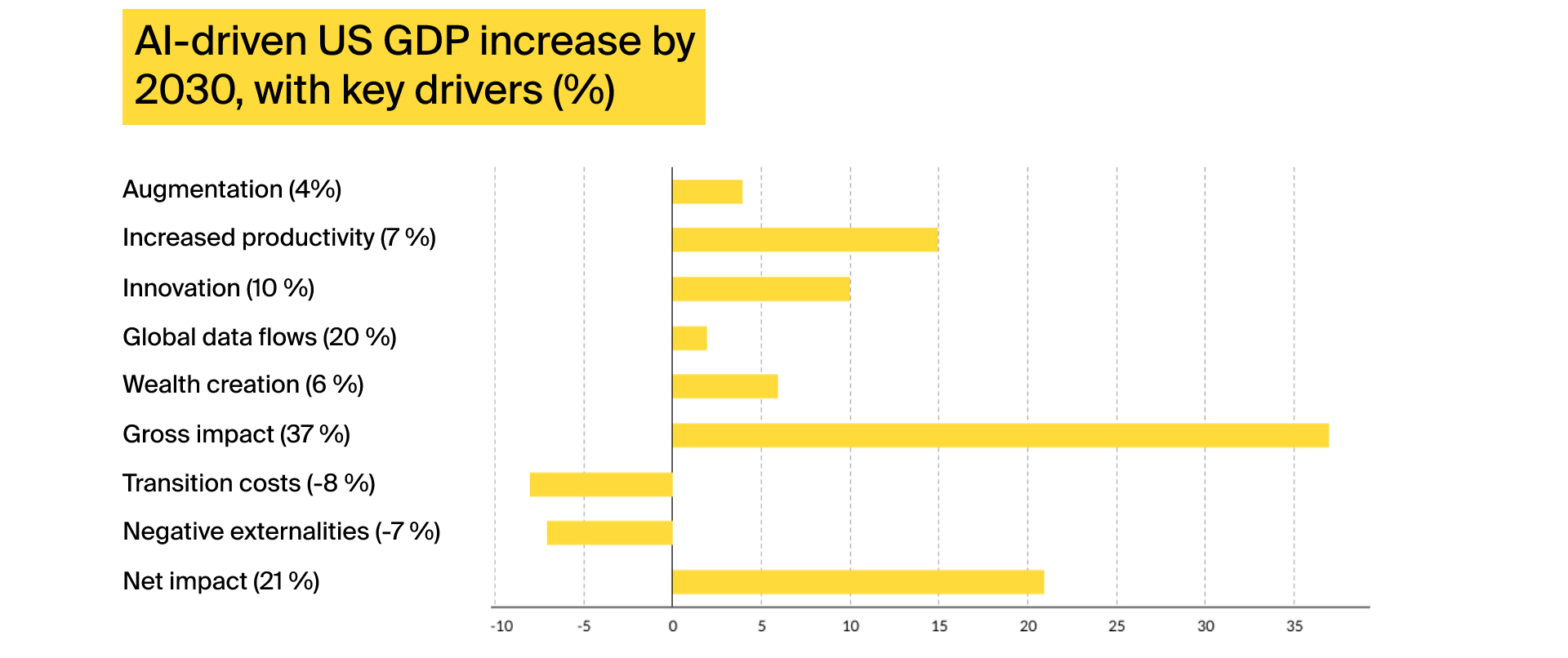"Continued American leadership in AI is of paramount importance to maintaining the economic and national security of the United States and to shaping the global evolution of AI in a manner consistent with our Nation's values, policies, and priorities." President Donald J. Trump, February 11, 2019
Although the Trump administration launched the first-ever national AI strategy a few years earlier, it was not until Joe Biden took office that federal AI spending reached historic high. Through 2021, Washington
could invest $6 billion into AI-related R&D projects and initiatives.
The country's renewed interest in artificial intelligence is largely ignited by Biden's plan to challenge China and its views on AI usage.
In the spring of 2022, the National Artificial Intelligence Research Task Force
is set to present an interim report highlighting the national artificial intelligence strategy and implementation plan, with the full report expected later that year. Experts believe that the US AI strategy will cover complex scientific, economic, social, and security issues of artificial intelligence and the associated technologies, such as data storage and processing platforms.













